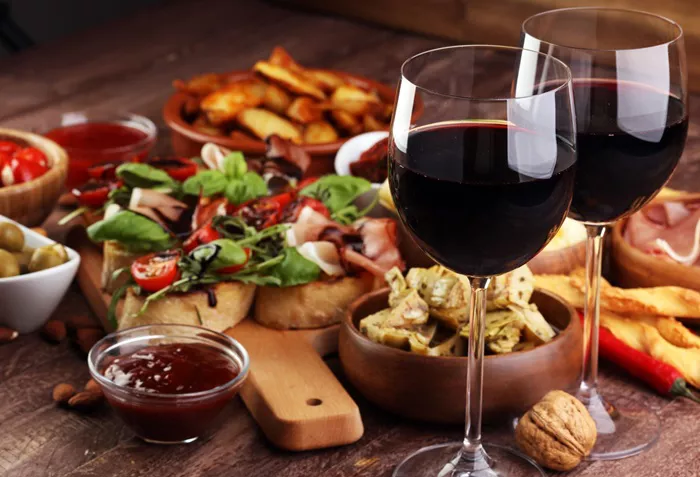NIAGARA-ON-THE-LAKE – A week after the Niagara-on-the-Lake (NOTL) council finalized its long-awaited tourism strategy, the decision to remove the term “wine country” from the town’s vision statement continued to spark debate. Although the strategy was approved, tensions persisted among council members about its direction and the future branding of the town.
During a committee-of-the-whole meeting on Tuesday, Councillor Sandra O’Connor revisited the issue, endorsing the revised tourism strategy and referencing a recent article from Travel and Tour World that praised NOTL for shifting away from a narrow “wine country” identity. O’Connor had raised similar concerns about the original vision statement during a prior council meeting, arguing that labeling the town solely as “wine country” overlooked its broader historical and cultural significance.
Before the change, the town’s tourism strategy emphasized its status as “an extraordinary wine country destination, known for its natural beauty, and unrivalled cultural experiences.” The newly approved vision now reads: “Niagara-on-the-Lake is an extraordinary destination, known for its natural beauty, food and wine, and unrivalled cultural experiences.”
O’Connor pointed to the Travel and Tour World article, which she said reinforced the town’s decision to broaden its tourism identity. The article described the removal of the “wine country” label as a “bold move,” acknowledging the town’s wineries while emphasizing the importance of other attractions that contribute to the town’s appeal. According to O’Connor, this change marked a positive shift away from a “narrow branding” approach.
However, not all councillors shared her enthusiasm. Councillor Wendy Cheropita, who had supported retaining “wine country” in the vision statement, expressed concern about the selective nature of O’Connor’s reference to the article. Cheropita suggested that there were many other articles critical of the decision, and she emphasized the need for a balanced perspective on the issue.
“I think there needs to be a balance,” Cheropita said, noting the existence of articles with a tone contrary to the one cited by O’Connor.
Councillor Gary Burroughs, who chaired the meeting, suggested that O’Connor’s intent in sharing the article was to highlight the town’s positive reception for making a significant change. However, not all council members agreed with the positive framing of the revision.
At the last council meeting, Councillor Andrew Niven had attempted to reinstate the “wine country” label, arguing that the term was crucial given the importance of the wine industry in the region. Niven’s efforts were met with opposition from O’Connor, Burroughs, Councillor Maria Mavridis, and Lord Mayor Gary Zalepa, all of whom supported the revision.
Zalepa expressed frustration with O’Connor’s continued emphasis on the article, stating that he would no longer support such announcements unless they were more clearly defined. “I will not be voting in favour of further announcements any longer because I don’t believe they’re properly defined,” Zalepa said.
Council members were also reminded of the town’s procedural bylaw, which allows councillors to share information on “items of interest” such as recognizing achievements or raising public awareness of important issues. Clerk Grant Bivol read from the bylaw to clarify the purpose of such announcements.
The recently approved 50-page Tourism Strategy and Action Plan is set to unfold in collaboration with the town’s destination marketing organization, NOTL Tourism. As part of the strategy’s implementation, council directed staff to work on updating the financial accountability and service agreement with the organization to reflect its new governance structure and deliverables.
Staff also emphasized the importance of incorporating food into the town’s tourism identity, alongside wine. The revised vision statement, they argued, more accurately represents Niagara-on-the-Lake’s diverse tourism assets, which include its culinary scene and fresh local produce. “While wine remains a signature attraction, our community is also recognized for its fresh local produce, farm-to-table dining, and thriving culinary scene,” the staff report stated.
Councillor Erwin Wiens, a local grape grower, echoed concerns raised earlier in the debate, arguing that the town should avoid prioritizing one aspect of tourism over others. Cheropita was the only councillor to vote against the strategy during its initial introduction on April 29.
The ongoing discussions underscore the complexities of shaping Niagara-on-the-Lake’s tourism brand and reflect the diverse perspectives on how the town should present itself to the world.
You Might Be Interested In:


